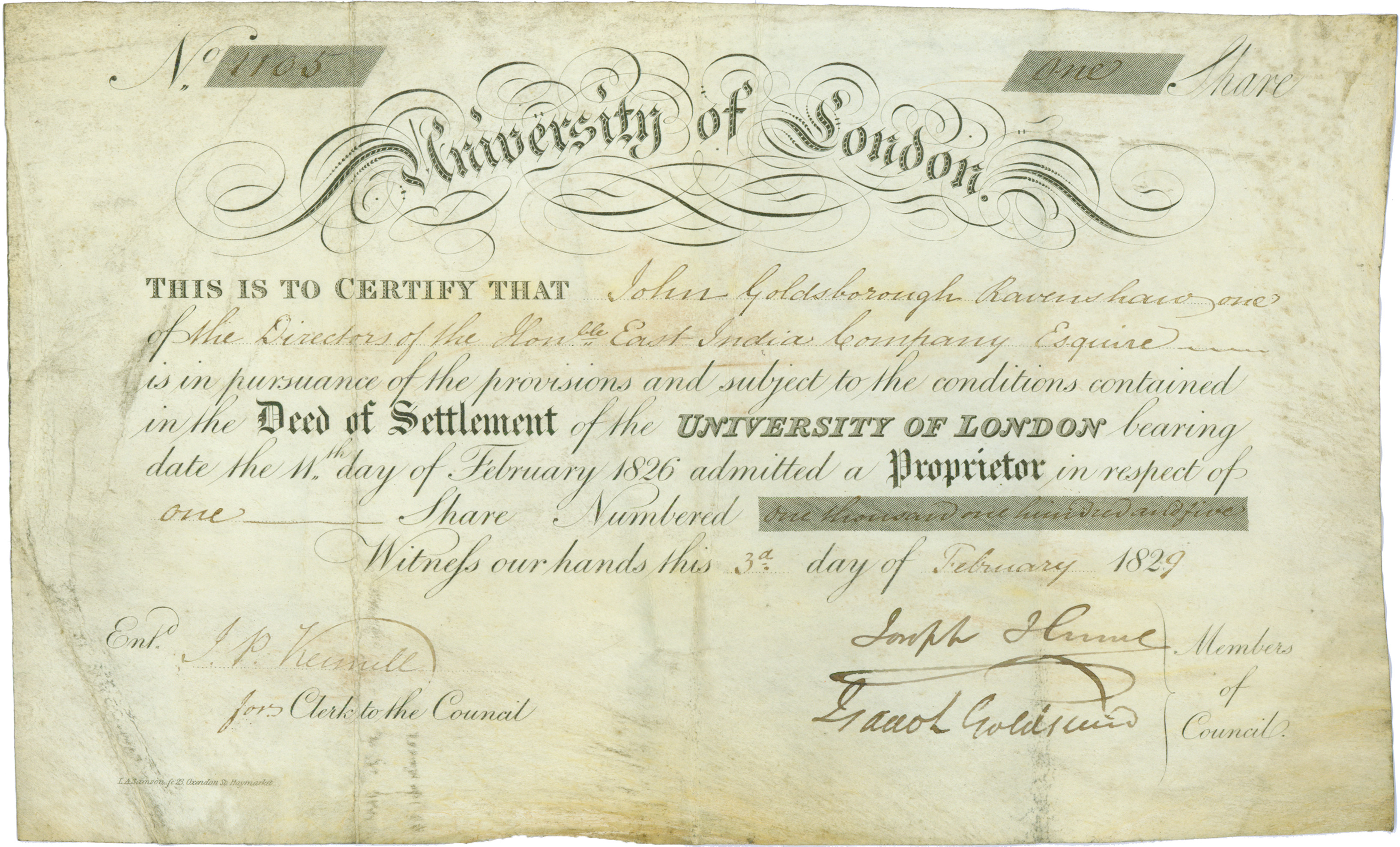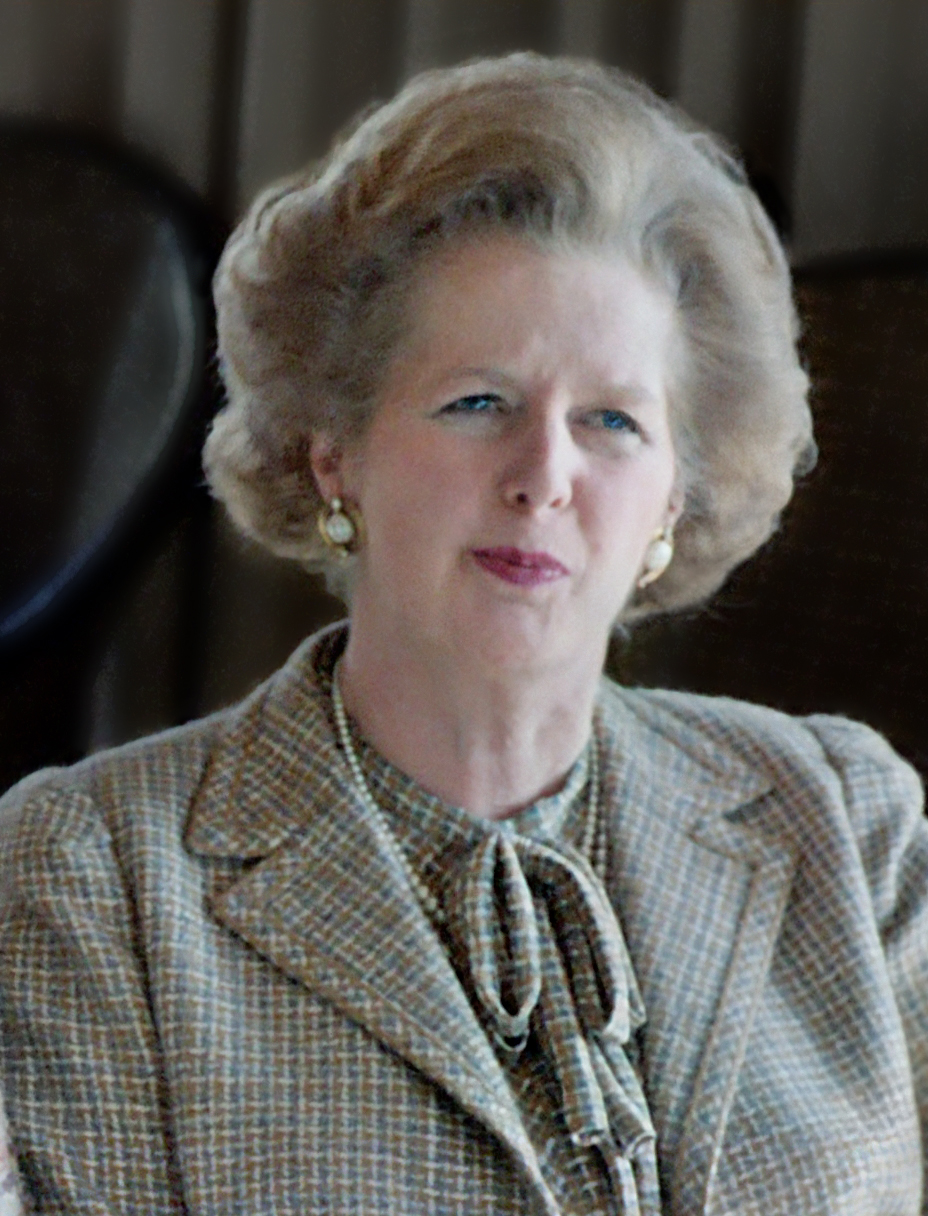|
Ludwig Krämer
Ludwig Krämer (born 1939) is a German academic and former public servant who is active in the field of environmental law at national, regional and international levels and in particular in the European Community. He is the author of over 150 articles on environmental law, principally concerned with European Community/European Union environmental law. He retired from the European Commission in 2004. He currently teaches European Environmental Law in several universities. Education Krämer was educated at the University of Kiel and München, where he studied law and history (1960 - 1964). He was an official trainee in Germany and France (1964 - 1968) and sat for the State examination in law in 1968 in Hamburg, Germany. He holds a PhD in EC consumer law, from the University of Hamburg. Public service career His career commenced as a research associate for Kiel University in 1968. From 1969 until his retirement from the position in 2004, Dr Krämer was a Judge with Landgericht ... [...More Info...] [...Related Items...] OR: [Wikipedia] [Google] [Baidu] |
Environmental Law
Environmental laws are laws that protect the environment. The term "environmental law" encompasses treaties, statutes, regulations, conventions, and policies designed to protect the natural environment and manage the impact of human activities on ecosystems and natural resources, such as forests, minerals, or fisheries. It addresses issues such as pollution control, resource conservation, biodiversity protection, climate change mitigation, and sustainable development. As part of both national and international legal frameworks, environmental law seeks to balance environmental preservation with economic and social needs, often through regulatory mechanisms, enforcement measures, and incentives for compliance. The field emerged prominently in the mid-20th century as industrialization and environmental degradation spurred global awareness, culminating in landmark agreements like the 1972 Stockholm Conference and the 1992 Rio Declaration. Key principles include the precaut ... [...More Info...] [...Related Items...] OR: [Wikipedia] [Google] [Baidu] |
European Community
The European Economic Community (EEC) was a regional organisation created by the Treaty of Rome of 1957,Today the largely rewritten treaty continues in force as the ''Treaty on the functioning of the European Union'', as renamed by the Lisbon Treaty. aiming to foster economic integration among its member states. It was subsequently renamed the European Community (EC) upon becoming integrated into the Three pillars of the European Union, first pillar of the newly formed European Union (EU) in 1993. In the popular language, the singular ''European Community'' was sometimes inaccurately used in the wider sense of the plural ''European Communities'', in spite of the latter designation covering all the three constituent entities of the first pillar. The EEC was also known as the European Common Market (ECM) in the English-speaking countries, and sometimes referred to as the European Community even before it was officially renamed as such in 1993. In 2009, the EC formally ceased to ... [...More Info...] [...Related Items...] OR: [Wikipedia] [Google] [Baidu] |
European Commission
The European Commission (EC) is the primary Executive (government), executive arm of the European Union (EU). It operates as a cabinet government, with a number of European Commissioner, members of the Commission (directorial system, informally known as "commissioners") corresponding to two thirds of the number of Member state of the European Union, member states, unless the European Council, acting unanimously, decides to alter this number. The current number of commissioners is 27, including the president. It includes an administrative body of about 32,000 European civil servants. The commission is divided into departments known as Directorate-General, Directorates-General (DGs) that can be likened to departments or Ministry (government department), ministries each headed by a director-general who is responsible to a commissioner. Currently, there is one member per European Union member state, member state, but members are bound by their oath of office to represent the genera ... [...More Info...] [...Related Items...] OR: [Wikipedia] [Google] [Baidu] |
Directorate-General For The Environment (European Commission)
Directorate-General for Environment (DG ENV) is a Directorate-General of the European Commission, responsible for the Environmental policy of the European Union. In 2010 "relevant limate changeactivities in DG Environment" were moved to the new DG Climate Action (DG CLIMA). At the same time the DG Energy (ENER) was also established. The 2022 commissioner was Virginijus Sinkevičius. Mission The DG's main role is to initiate and define new environmental legislation and to ensure that measures, which have been agreed, are actually put into practice in the member states of the European Union. The overall mission statement for 2005 is: "Protecting, preserving and improving the environment for present and future generations, and promoting sustainable development". The mission statement is divided into the following sub-statements: * To maintain and improve the quality of life through a high level of protection of our natural resources, effective risk assessment and management a ... [...More Info...] [...Related Items...] OR: [Wikipedia] [Google] [Baidu] |
University College London
University College London (Trade name, branded as UCL) is a Public university, public research university in London, England. It is a Member institutions of the University of London, member institution of the Federal university, federal University of London, and is the second-largest list of universities in the United Kingdom by enrolment, university in the United Kingdom by total enrolment and the largest by postgraduate enrolment. Established in 1826 as London University (though without university degree-awarding powers) by founders who were inspired by the radical ideas of Jeremy Bentham, UCL was the first university institution to be established in London, and the first in England to be entirely secular and to admit students regardless of their religion. It was also, in 1878, among the first university colleges to admit women alongside men, two years after University College, Bristol, had done so. Intended by its founders to be Third-oldest university in England debate ... [...More Info...] [...Related Items...] OR: [Wikipedia] [Google] [Baidu] |
College Of Europe
The College of Europe (; ; ) is a post-graduate institute of European studies with three campuses in Bruges, Belgium; Warsaw, Poland; and Tirana, Albania. The College of Europe in Bruges was founded in 1949 as a result of the 1948 Congress of Europe in The Hague by leading historical European figures and founding fathers of the European Union, including Salvador de Madariaga, Winston Churchill, Paul-Henri Spaak and Alcide De Gasperi, to promote "a spirit of solidarity and mutual understanding between all the nations of Western Europe and to provide elite training to individuals who will uphold these values"Le rôle du Collège d'Europe " [The role of the College of Europe], ''Journal de Bruges et de la Province'', 7 October 1950, Vol. 114, No. 78, p. 1 [...More Info...] [...Related Items...] OR: [Wikipedia] [Google] [Baidu] |
1939 Births
This year also marks the start of the World War II, Second World War, the largest and deadliest conflict in human history. Events Events related to World War II have a "WWII" prefix. January * January 1 ** Coming into effect in Nazi Germany of: *** The Protection of Young Persons Act (Germany), Protection of Young Persons Act, passed on April 30, 1938, the Working Hours Regulations. *** The small businesses obligation to maintain adequate accounting. *** The Jews name change decree. ** With his traditional call to the New Year in Nazi Germany, Führer and Reich Chancellor Adolf Hitler addresses the members of the National Socialist German Workers' Party (NSDAP). ** The Hewlett-Packard technology and scientific instruments manufacturing company is founded by Bill Hewlett and David Packard, in a garage in Palo Alto, California, considered the birthplace of Silicon Valley. ** Philipp Etter takes over as President of the Swiss Confederation. ** The Third Soviet Five Year P ... [...More Info...] [...Related Items...] OR: [Wikipedia] [Google] [Baidu] |
Living People
Purpose: Because living persons may suffer personal harm from inappropriate information, we should watch their articles carefully. By adding an article to this category, it marks them with a notice about sources whenever someone tries to edit them, to remind them of WP:BLP (biographies of living persons) policy that these articles must maintain a neutral point of view, maintain factual accuracy, and be properly sourced. Recent changes to these articles are listed on Special:RecentChangesLinked/Living people. Organization: This category should not be sub-categorized. Entries are generally sorted by family name In many societies, a surname, family name, or last name is the mostly hereditary portion of one's personal name that indicates one's family. It is typically combined with a given name to form the full name of a person, although several give .... Maintenance: Individuals of advanced age (over 90), for whom there has been no new documentation in the last ten ... [...More Info...] [...Related Items...] OR: [Wikipedia] [Google] [Baidu] |
Academic Staff Of The College Of Europe
An academy (Attic Greek: Ἀκαδήμεια; Koine Greek Ἀκαδημία) is an institution of tertiary education. The name traces back to Plato's school of philosophy, founded approximately 386 BC at Akademia, a sanctuary of Athena, the goddess of wisdom and skill, north of Athens, Greece. The Royal Spanish Academy defines academy as scientific, literary or artistic society established with public authority and as a teaching establishment, public or private, of a professional, artistic, technical or simply practical nature. Etymology The word comes from the ''Academy'' in ancient Greece, which derives from the Athenian hero, ''Akademos''. Outside the city walls of Athens, the gymnasium was made famous by Plato as a center of learning. The sacred space, dedicated to the goddess of wisdom, Athena, had formerly been an olive grove, hence the expression "the groves of Academe". In these gardens, the philosopher Plato conversed with followers. Plato developed his sessions ... [...More Info...] [...Related Items...] OR: [Wikipedia] [Google] [Baidu] |







